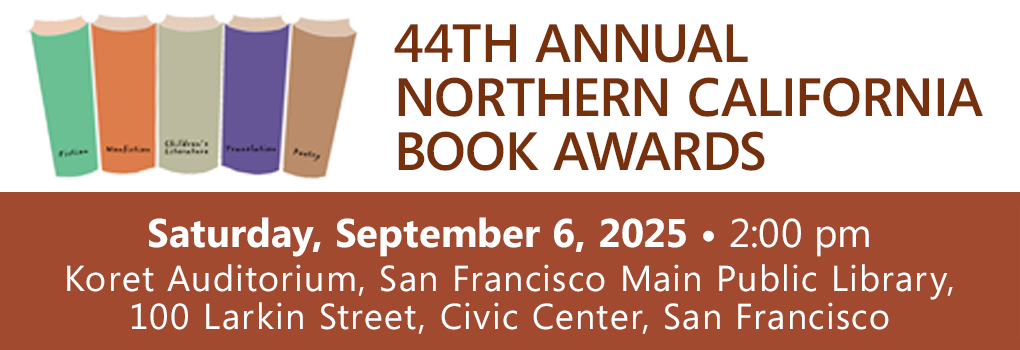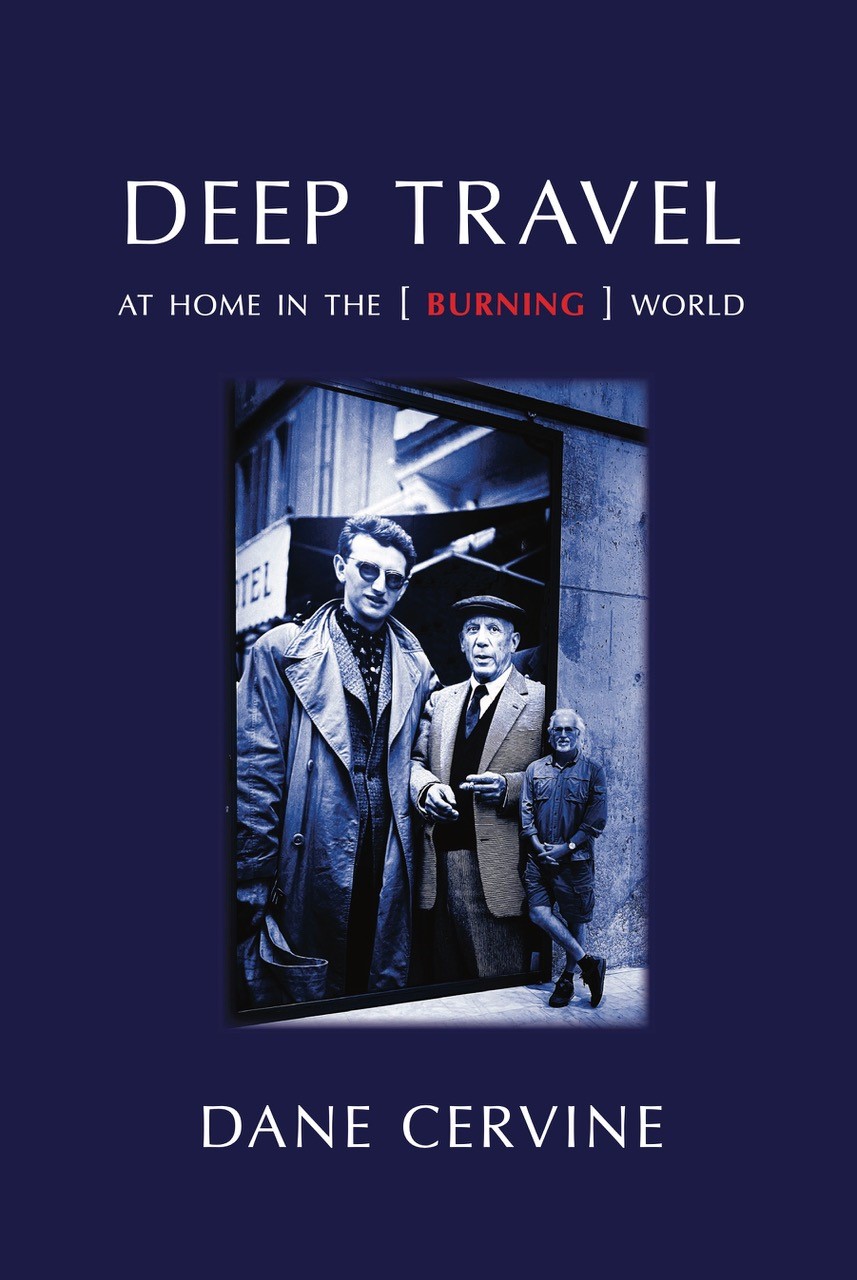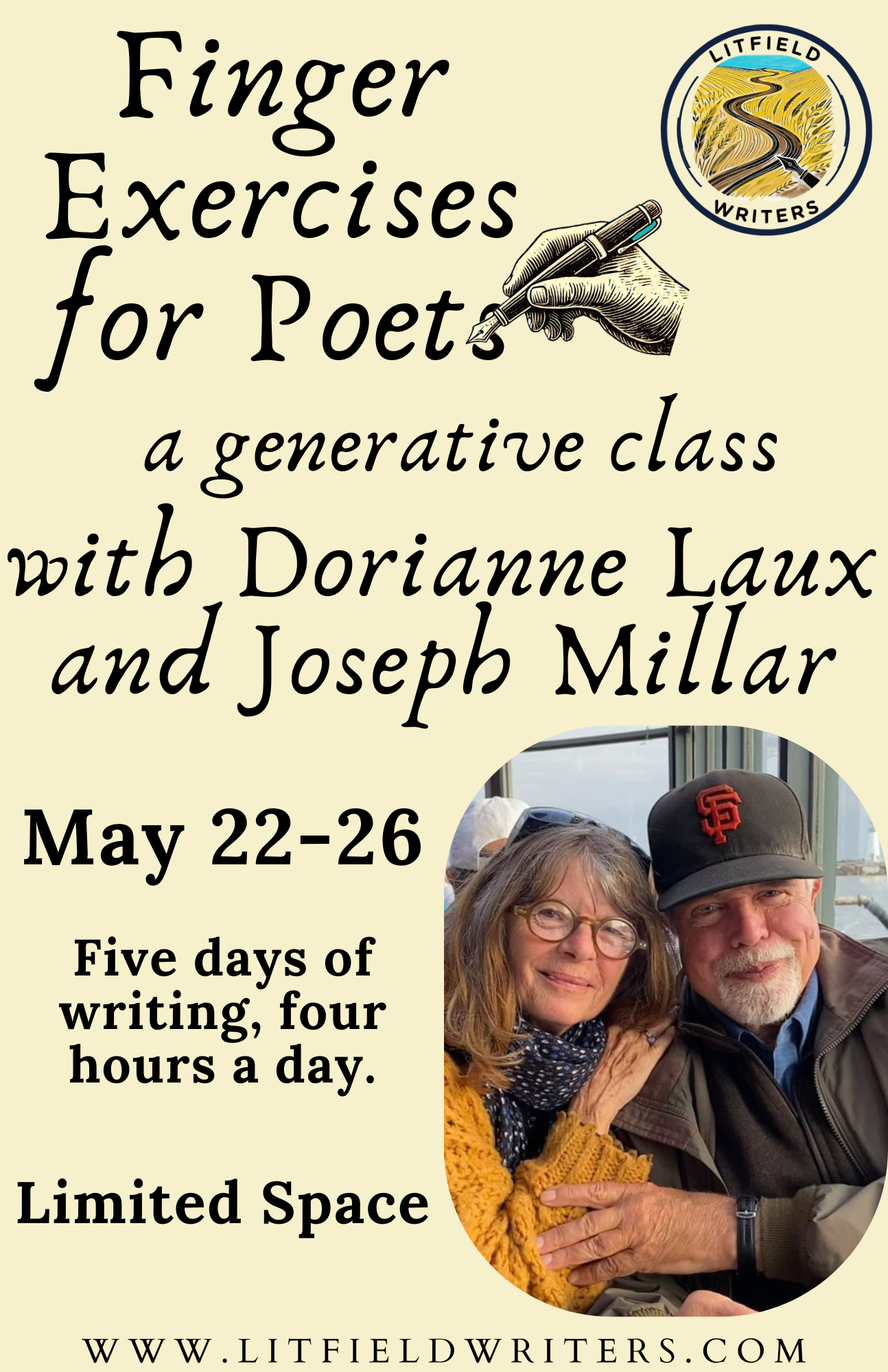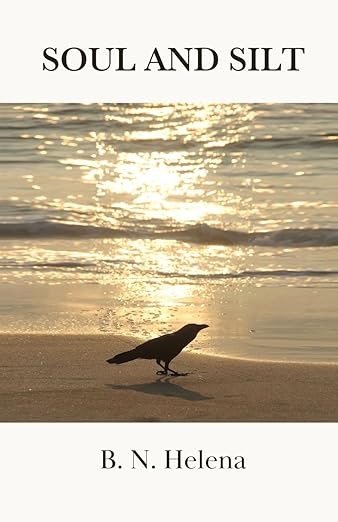
Green Birth, Green Death

An Interview with D. Nurkse
by Lee Rossi
D. NURKSE IS THE AUTHOR of eleven books of poetry, the latest a re-telling of the story of Tristan and Iseult entitled Love in the Last Days. His poems have appeared in The New Yorker, The Atlantic Monthly, Poetry, The American Poetry Review, Ploughshares, and The Times Literary Supplement, among many others. His prizes include fellowships from both the Guggenheim foundation and the NEA, and from 1996–2001 he served as Poet Laureate of Brooklyn. He has taught prison inmates at Rikers Island, as well as students at Sarah Lawrence, Columbia, and the New School. He is an active campaigner for human rights, serving for a time on the board of Amnesty International, and has written frequently on the subject. (This interview was conducted via email during the first week of December 2018.)

Lee Rossi: I loved your new book, Love in the Last Days. It seems like the culmination of many of your earlier interests: the problematic nature of love, Spanish and French literature, the investigation of a society riven by class and privilege. It's charming, funny, deep, and insightful.
One of my favorite aspects of the book is the way it takes the romance out of Romance. In an early poem, "The Philtre," we see Tristan trying to win Iseult to the idea of marrying his master the King of Logres, by assuring her that "…At Logres/ we also had chipped chamber pots,/ arras mildewing in dank corridors." Later in the same poem we see her scratching "for lice/ with an infuriating involuntary delicacy." It's like Harry Potter without indoor plumbing or air conditioning.
You seem to be saying that great as being on top of the heap is, the top of the medieval heap was not so great. Or maybe you're talking about contemporary America. What kind of "relevance" does your book have for the contemporary reader?
Dennis Nurkse: The medieval period was a time of mad kings, torture, unrelenting hierarchical violence, ruthless religion, self-pitying bards, and lovers who couldn't quite see each other past the glare of their own idealized images. That's the setting my book is committed to. I wish I were sure it's escapist literature.
LR: I watched your recent interview with Chard DeNiord, and on your recommendation I read Hillaire Belloc's English translation of the Joseph Bédier version of the story. I loved that too. I know you consulted other versions of the story, but it seems that Belloc/Bédier was your favorite. What appealed to you about that version of the story, compared to other versions? How much did you change, and why?
DN: I love Bédier's version (though Belloc himself was a dubious character). I love the sassiness of the story—hero and heroine commit adultery and betray the feudal lord; that plot was wildly popular in bitterly repressive, hierarchical societies.
I changed just about everything. My ancestors were peasants—this is my comment on the heroic aristocracy. In my version, the leper and the servant—even the horse and the dog—have speaking roles, and you realize the hero is trying so hard to be a mythic hero he can't quite meet his lover's needs for a man who is just a partner and a friend.
LR: Particularly compelling is your portrait of compulsive love. In a poem entitled "The Hold" you have Tristan say, we were "the other's obstacle…cherished and loathed like the self." It seems like a summation of a lot of what you've written about romantic love. Or is there some place in the life of a human being for this thing called love?
DN: It's complicated! Some critics have said the book is anti-love, but actually the protagonists give up everything for love. Iseult surrenders her queenship, Tristan's life without her is a blur. It's just that intimacy is really hard. He keeps straying into a fantasy world where he must slay imaginary monsters to dazzle her, instead of making sure the roof doesn't leak.
LR: Another very appealing aspect of the book is the writing itself, so lovely and lush at times. There's a haunting statement from Tristan near the end of the poem "Assignations": "I said good-bye/ as you might take leave of night itself." Did working in this particular genre give you new freedom or opportunities for expression?
DN: Thanks, and yes, if I can make it work, this genre does allow a different palette from the poems I've written before and since. I'm hoping to use "estrangement"—to look at bedrock human concerns from a slightly different angle, maybe to suggest how strange we are right now.
LR: The book is composed of a series of individual poems rather than the books or cantos of traditional romance. Why?
DN: I'm hoping, if I can get away with it, to retain the spontaneity of contemporary poetry. I love the way modern American poetry tropes toward the fluidity of consciousness rather than the rigid contours of artifact.
LR: Sticking with the writing for a moment, the book is full of wonderful lists: "The King's Chamber" contains a list of dogs, "Each snor[ing] according to his breed." I noticed others in "The Fire" and "Moss Court" as well as in "Hunting…," which contains a charming list of monsters!! The tone with most of these lists is ironic or amused and not what we see in the Iliad or the Aeneid, solemn and heroic.
Are you paying homage to the romance genre, or are you playing with/deconstructing some of the characteristic tropes of the genre?
DN: I do hope to be deconstructing the genre—and ideally, the way the genre still informs so much of our sense of male and female identity, so much of what we take for granted in our daily lives—sports, the military, intimacy itself—how we define the spaces between two people.
LR: Let's talk about some of the moral complications of your version. In "The Defense" Tristan tries to exonerate Iseult after she orders her maid to take her place in the King's bed and then orders her death. It seems to me that both lovers come away sullied by the incident. Was that your intent?
DN: That's a beautiful question. Yes, it was very much my intent. That complexity is latent in the story, but I wanted to bring it out by making the servant a speaker. There's a little moral ambiguity in the lives of every lover, in a world of bitter inequality and terrifying weaponry, maybe? I did want my protagonists to actually live with the contradictions of their social position.
LR: Another way in which the privilege of aristocrats is exposed is by changes in the point of view. Unlike traditional romance where the narrator inhabits an aristocratic worldview, you allow otherwise minor characters to have their say. One of my favorite moments in the book occurs when the horse, Beau Joueur, carries the lovers into the wilderness: "…I just stumbled/ forwards, and forwards again, as if there were no past/ or future, waiting for that prick in my salty flank." By this time in the book we know who the prick is and what happens to that salty flank. How early in the process of composition did you realize that you needed to introduce different voices into the mix?
DN: It was intrinsic to my desire to tell the story. There's a subversiveness to medieval folk literature that inspired me, too. An ancient riddle says, "green, all green, green birth, green death, and now I sit on top of God. Who am I?" The answer is: "the crown of thorns." That's a nervy point of view.
LR: There's an insistence throughout the book on the fact that Tristan is a poet, a singer. He's also a hero, a valiant knight, as well as an adulterer, someone who has foresworn his vow to his Lord. Does this hint at some sort of moral rot among poets, or is Tristan just a bad apple?
DN: Whoa, maybe neither. Music and poetry are forces that could be used for good or evil in this book. The story itself speaks in one poem towards the end, and tells the reader how hard it is to grow old.
LR: Speaking of points of view, at a couple of key places in the story we get to hear from the Lady. Like Tristan she's also a poet, and at one point she magically conjures a harp for herself. And [in "Queen of the Land of No Sleep"] she gets to render a final verdict on their love in terms that echo Tristan: "Every great love has an obstacle. Ours was us." She's a Queen, but also a woman. Can you talk about the role of women in that society, and what it does to vitiate her love?
DN: That's another deep question. The Troubadour period that my book dramatizes revolutionized the way women were seen in poetry. Suddenly, they had power. Not just in men's eyes. There were women poets including a Troubadour called "Dangereuse de Chastelreau"—"the dangerous one." Did it make a difference to women in real life who weren't singers or aristocrats?
LR: God is invoked frequently in the book. For instance, the Dog tells us that he followed his masters to the wilderness "…because they are helpless/ like God or a poor man in the wind and rain." And elsewhere Tristan says of Iseult: "She was like God, she didn't want intimacy, just to be right, always right, like the wind and rain." You've said elsewhere that you're not religious, so when you or your characters use the word God, what is it you're pointing at? The characters obviously believe there's something there, and so, it seems, does the narrator? Is it Nature, Imagination, Poetry?
DN: Like anyone else, I believe in God when I'm facing surgery but not on a rainy day. I think the book has a real allegiance with the God of the poor, but a beef with the strictures of religion: it ends in the tortures of the Inquisition.
LR: I'd like to shift gears now. You've said that you started writing poetry when you were still a child. What attracted you to poetry? What keeps you at it after all this time?
DN: I love poetry, after all this time. I love its weakness. A camera, an orchestra, or a paintbrush will make a strong statement and create a world. But the human voice, a pencil and paper—those are fragile democratic means that might be more suited to suggesting the elusive world we live in.
LR: What writers do you consider forebears? Who are your favorite poets, who do you read for inspiration?
DN: I owe a dept to just about everyone. Shakespeare is seriously under-rated. I love Lorca, Henri Michaux, Apollinaire, and the great poets who set the table for us now: Elizabeth Bishop, Gwendolyn Brooks.
LR: My next question is about the process of writing. You've talked about how revision is an opportunity to access the self independent of time—you don't get to revise your life, but you do get to revise your poems. I love what that says about the freedom offered by the creative life. You also mentioned that you do many drafts. How do you know when a poem is done? Can you give an example of a poem from a recent book?
DN: It's typical for me to think a poem is done and realize I have to work on it for another ten years. I had to revise the structure of this book. I began an early version with Tristan's birth and upbringing—my wife, who is a fiction writer, talked about the tension you get when you begin a story close to the end, and I realized I needed to put half the book in the trashcan.
LR: Aside from Love in the Last Days, you've done quite a bit of translating, mainly from Spanish and French. I'm thinking in particular about the riddles and song fragments from your 2012 book A Night in Brooklyn. They strike me as a kind of folk poetry. How did you become aware of those pieces? What attracted you to them?
DN: There's a specific answer to that: Lorca's "Essay on the Duende" and his "Essay on Lullabies." They are both downloadable in English. He quotes breathtaking folk lyrics. We get caught between the canon and work that's absolutely contemporary. But there's a world of poetry that's mediated by history and culture, but isn't remotely a product of privilege.
LR: I'd like to ask you about our political moment. You've worked with Amnesty International and written works with titles like "Spirit of Peace: a Global Introduction to Children's Rights" and "At Special Risk," the impact of political violence on minors in Haiti. How long have you been doing this kind of work, and what got you interested in the first place?
DN: I was fortunate to work in human rights. I began in my twenties after I came back from hitchhiking in Allende's Chile. I told everyone there wouldn't be a coup—I had seen firsthand how progressive the country was. The present is of course a time when the most basic concepts of what it means to respect a human being are under ruthless attack. It's possible that will ultimately generate a response that makes human rights more real. Possible, but a long shot.
LR: Back in 2002, you said that, "We're moving into a gangster era of permanent war, a gangster rhetoric." Are things worse now in 2018? You must've been disappointed in Obama, but what about Trump?
DN: Trump is a nightmare. And perhaps he's also a giant excuse—he makes every one of us look good. Certainly his relationship to the media is symbiotic. And certainly his world, which seems so creepy, is a world people of color have always been forced to cope with.
LR: You yourself are a child of refugees. Your parents fled the Nazis, arriving in the U.S. in 1940. Back in 2002, you said that, "I don't feel rooted at all. And that also speaks to the current global crisis. I grew up with people who were stateless, and the UN passport was their one piece of identity." I notice similarities between your work and the work of writers like Charles Simic and Zbigniew Herbert, one a refugee and the other an internal emigré. Do you feel any special affinity with those writers or with other writers who suffered under authoritarian regimes?
DN: That's a kind question. Yes, I do feel an affinity. I'm a child of privilege, but I can remember my mom quoting "shelter from the destroying wind" and talking about "the big lie." At the time, I thought, lucky I don't know anyone who would believe a big lie.…
LR: You write a lot about class, but what about race?
DN: That's a great question. In my life I've struggled with racial issues as best I could. It's there sometimes in my work, but I can't say I'm satisfied with it. The last thing I want to do is project "I get it" when writing that way costs me nothing.
LR: You spent time (I won't say you did time) on Riker's Island working with prisoners. How did you get involved in that? What did you teach them and what have you learned from that prison population?
DN: I was very lucky to teach at Riker's Island, in the G.E.D. enrichment program in the public school system that exists in that prison. I've also taught in inner city literacy programs, schools and libraries. I really felt the seriousness of poetry. I had students in prison who told me "the purpose of my life was to be here studying poetry." Perhaps that's a reprise of the folk poetry theme—there's a voice in poetry that can speak to anyone, or on behalf of anyone, not just an M.F.A. grad. I'm not talking about popular culture per se. Richard the Lionhearted when he was incarcerated on a failed crusade wrote a poem that begins "never believe what a prisoner writes." My students could understand.
LR: What about your students at Sarah Lawrence? In a recent interview you said, "American poets have traditionally been connected to the lives of other people. It makes me crazy when all people do is study poetry." What do you tell your privileged, mainly upper middle class students at Sarah Lawrence—get a job on a shrimp boat, go work in a factory? Is a poet's study poetry or is it life?
DN: Well, I don't feel I have the authority to give students life instructions. And privileged people can have bitter obstacles too—homophobia, despair, privilege itself. But yes, I would tell them to be leery of academia. Count your change on the way out.
LR: You've got a new project, a series of prose poems called "Her Fragile City." There are five pieces from that project in the new issue of Poet Lore, which I recommend everyone read. We've already established that you're not a religious person, but you mention in your intro to those pieces that Jesus is the other figure in "The Thicket." I wouldn't have guessed it, although knowing that, I can see the parallel between your poem and the story in Acts where the disciples meet Jesus on the road to Emmaus. Do we need to read Jesus into the other companion figures in your poems, even the female ones? Hafiz and Rumi, of course, did something similar.
DN: Thanks, that's kind of you. There are Jesus figures, yes, but I wouldn't say they are omnipresent. I've also studied with rabbis and Buddhists. What can I tell you? It's all true until the disciples get their hands on it.
LR: You mentioned in that recent interview with Chard deNiord that these prose poems are topical and reflect on the Trump era. "Letter from Twilight," for example, begins: "They are removing absence from the world, she writes, siphoning it off with giant vacuums." Later we discover that shop windows glitter "with a ferocious abstraction" and that walking past them, "your lonely accusing footsteps will be encrypted in a single remote intelligence." I'm guessing you're talking about Facebook and the NSA surveillance state. Is that the gravest challenge to freedom we face? Are there others?
DN: That's a great question and yes, I find the internet world, in which we voluntarily braid our deepest affective lives with penis enlargement schemes and corporate control, utterly terrifying. I keep wanting to mention my book on Facebook where I have a zillion utterly imaginary friends, and then thinking, nah, don't go there.
LR: Thanks for your comments, Dennis. I know the readers of Poetry Flash will be keenly interested in what you've had to say. ![]()
Lee Rossi's brand new poetry book is Darwin's Garden: Studies from Life, Wheelchair Samurai. His previous collections include Wheelchair Samurai and Ghost Diary. A staff reviewer and interviewer for the online magazine Pedestal, he is a Poetry Flash contributing editor and a member of the Northern California Book Reviewers; his poetry, reviews, and interviews have appeared in The Beloit Poetry Journal, Poetry East, Chelsea, and elsewhere. He lives in San Carlos, California.
— posted May 2019
































































































